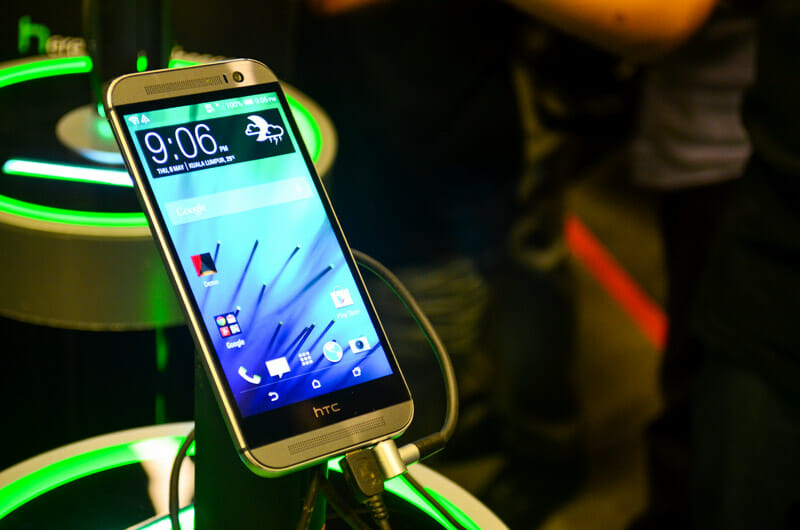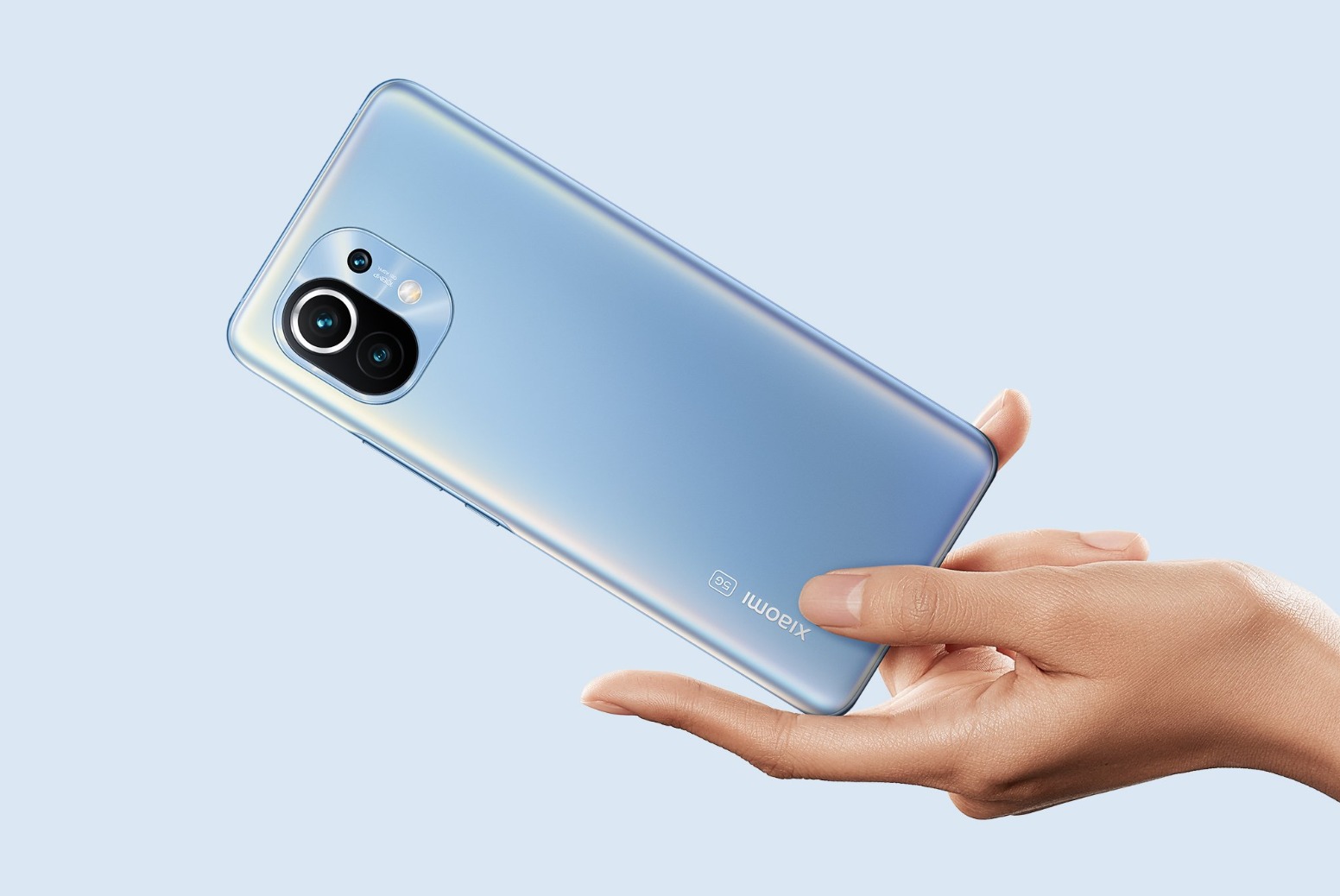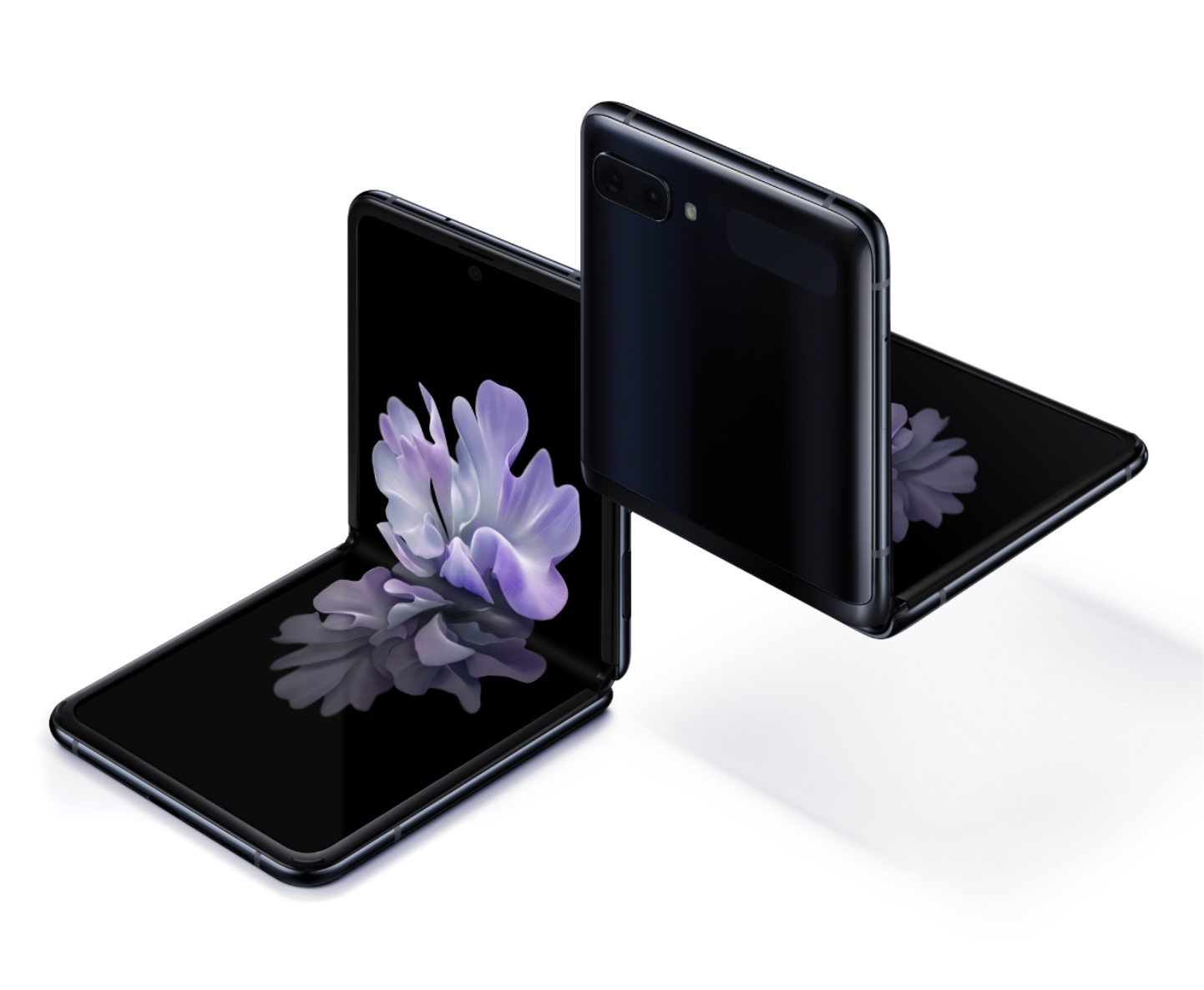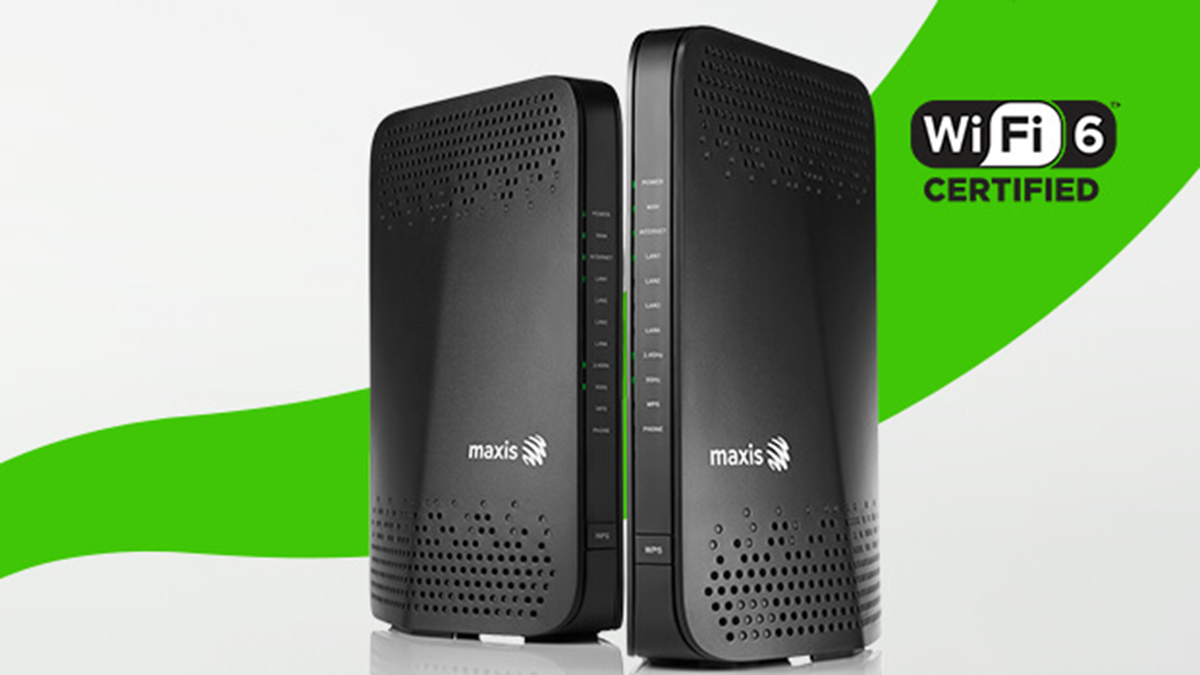Over the past couple of weeks, I’ve been pondering about the rise of alternate smartphone makers and its proposition for the modern consumer today. But over last week, there was a Reuters report that caught my eye and it involved a long-time favourite that was at the top of its game albeit several years ago – HTC Corporation.
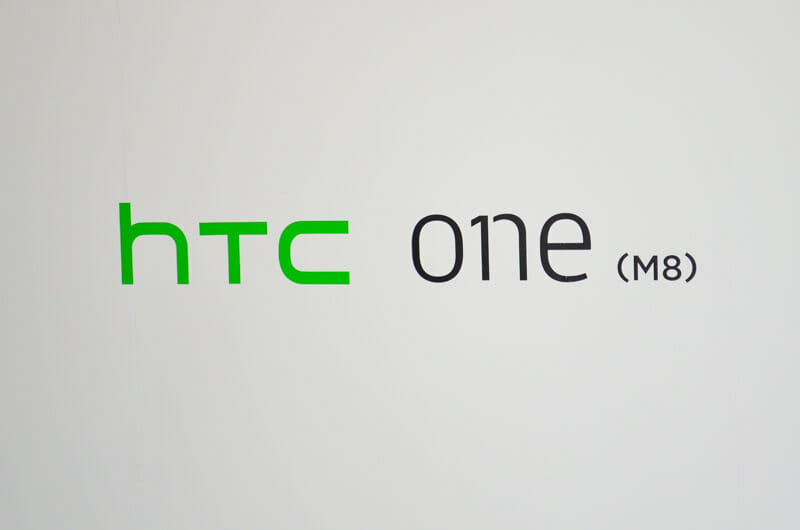
The story noted that the once-darling of Android smartphones is making a strong comeback to the market with its latest HTC One M8 smartphone and even plans to ramp up advertising spend in the coming year to raise the product’s awareness.
“HTC reached the top of the US market in the third quarter of 2011, when it sold one in every 10 smartphones worldwide, according to Strategy Analytics. But its global share dropped to 2% along with a share price, which plummeted 86%,” read the article.
Reuters said the fall from grace was sped up last year when sales of its predecessor flagship HTC One M7 failed to match the phone’s rave reviews because of disruptions in the supply chain and a marketing campaign widely dismissed as brash and confusing.
The Taiwan-based company claims that they have solved this supply chain problem and aims to have “more effective and efficient marketing.”

Part of the high-profile ad campaign launched last year involved superstar Robert Downey Jr, the Hollywood actor known for his high profile roles in Marvel’s Iron Man trilogy, The Avengers and the Sherlock Holmes franchise.
This year, Reuters said the promotions would instead feature a less prominent actor, Gary Oldman, which HTC said is part of a toned-down campaign for the company. Citing chief financial officer Chialin Chang, Reuters noted, “We’re increasing our media ad buys in 2014 over 2013,” adding that the M8 is selling better than the previous M7 model.
HTC first began life in 1997 as an original device manufacturer (ODM) making devices such as laptops and wireless handheld devices for other brands. The company quickly gained a reputation for being able to produce quality wireless products for its clients, which spawned notable devices such as HP’s iPAQ and Palm Treo 650.
In 2009/2010, HTC began taking the world by storm with its own brand including iconic models such as HTC Dream, HTC Hero and HTC Desire lines of smartphones. But it really broke the innovation mould when it introduced what it claimed to be the first world’s first full zero-gap aluminium ‘unibody’ in the HTC One M7 last year.
But despite rave reviews and the fact that it was one of the best selling models ever for HTC, the company just couldn’t get the market to bite and as a result, its market share continued to slide.
The HTC M8 is the continuation of this innovation and has won many plaudits for its innovation and design. For instance The Telegraph had good things to say about the M8, specifically citing the low-light performance of the M8’s camera as great.
It also singled out the all-aluminium metal feel as a selling point and with the snappy Snapdragon processor that’s “incredibly fast.”
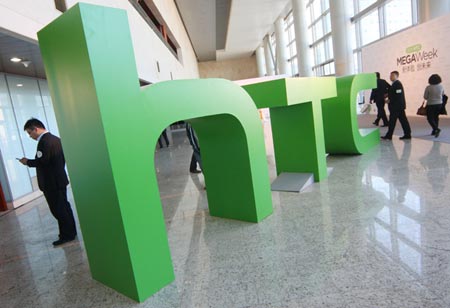
Can it be done?
Of course, the question that is on everyone’s mind however would be: Has HTC done enough to make a comeback with this M8 model?
It’s not an easy question to answer but what’s clear is that it definitely has a mountain to climb before being able to take the comeback kid title.
Firstly, the smartphone landscape is very different from the time when HTC was considered one of the leaders in the field. Then, there were only a handful of brands in the market and Samsung wasn’t the behemoth it now is.
Secondly, the demands of consumers have risen over the years. When smartphones first came to the market, not many people knew what they wanted in such a device. It was thus easy to meet consumers’ expectations of what a smartphone is. But because of competition and the raising of the bar by Samsung, Apple and the rest, the expectation of smartphones is much higher than before.
Consumers have also become more savvy and educated and that makes it even a higher bar for device makers to reach, something that HTC is well aware of.
Thirdly, Samsung happened. The Korean giant poured billions of dollars in manufacturing and marketing not just into its flagship GALAXY series of smartphones but also flooded the market with its devices at every price point, which ramped up its share of voice in terms of brand recognition like no other.
However, the men from HTC are still confident that they have a winner in the M8, with its president Jason MacKenzie telling Roger Cheng of CNET that activations of the M8 in the United States remained strong going into the third and fourth week of sales.
“It’s a significantly more positive trend,” he told CNET, after the unveiling of the HTC One M8 Harman Kardon edition.
Better communication
MacKenzie also revealed that another round of advertisements featuring Oldman would hit in late May or early June, something that is part of his promise of a more sustained campaign to build up the HTC name.
This ramping up of advertising is one piece of the puzzle, which the company is seeking to address. The other piece is to improve its marketing communications, according to Jack Yang, president of HTC South Asia.
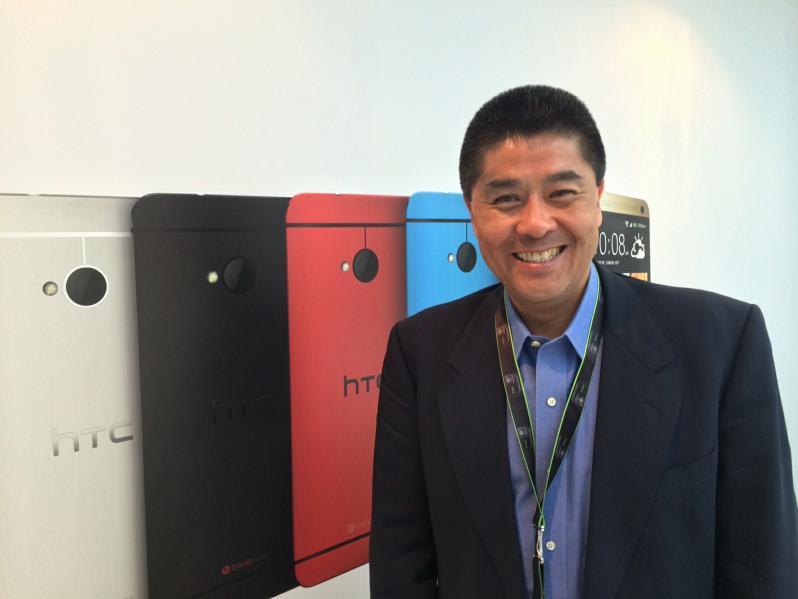
In an interview with The Next Web, Yang said that despite HTC’s “very phenomenal products,” he couldn’t understand why the device wasn’t successful, “but concluded that people didn’t know enough about it.”
To that end, Yang said HTC would be engaging bloggers to take on the role of ambassadors to tell others what’s good about the HTC One M8 compared to other devices out there, noted the article.
“This product is not only going to be our hero product, but also a statement to the market: that HTC is returning… From the perspective of M7’s performance and what we call M8 now, I would say that it’s a quantum leap,” The Next Web quoted Yang as saying.
That said, an analyst I spoke to feels that it would be very tough for HTC to ever return to its former position in the market.
“It really doesn’t have much by way of positive differentiation, its brand is little known compared to the giants in the market and it can’t afford to spend enough on marketing to really change that,” says Jan Dawson of Jackdaw Research.
The former chief telecom analyst at British-based Ovum said that unless you’re a low cost vendor, the premium segment is the only place where you can really make money and HTC really doesn’t seem to have been able to make a dent in Apple and Samsung’s leadership there.
So is it a challenge with bad communication? Brand perception? Or are the other smartphones in the market just better than what HTC is able to muster?
My sense is that’s there is no one reason for why the company is struggling but that it’s a confluence of reasons for its difficulty in coming back. I’ve not had a chance to review the HTC One M8 yet and so it’s hard for me to make a prediction – for now.
But one thing is clear to me: Building a great product isn’t enough in today’s market condition to make a winner out of your phone. There’s got to be more than that – something that generates the buzz before consumers even hit the stores.
Also, the HTC may have a winner in the M8 but being a premium smartphone means that it’ll be beyond the reach of the average Joe, which is something HTC must address – creating a product that is also great at the mid-end of the price scale.
I shall return with more thoughts, once I get my hands on the M8.


